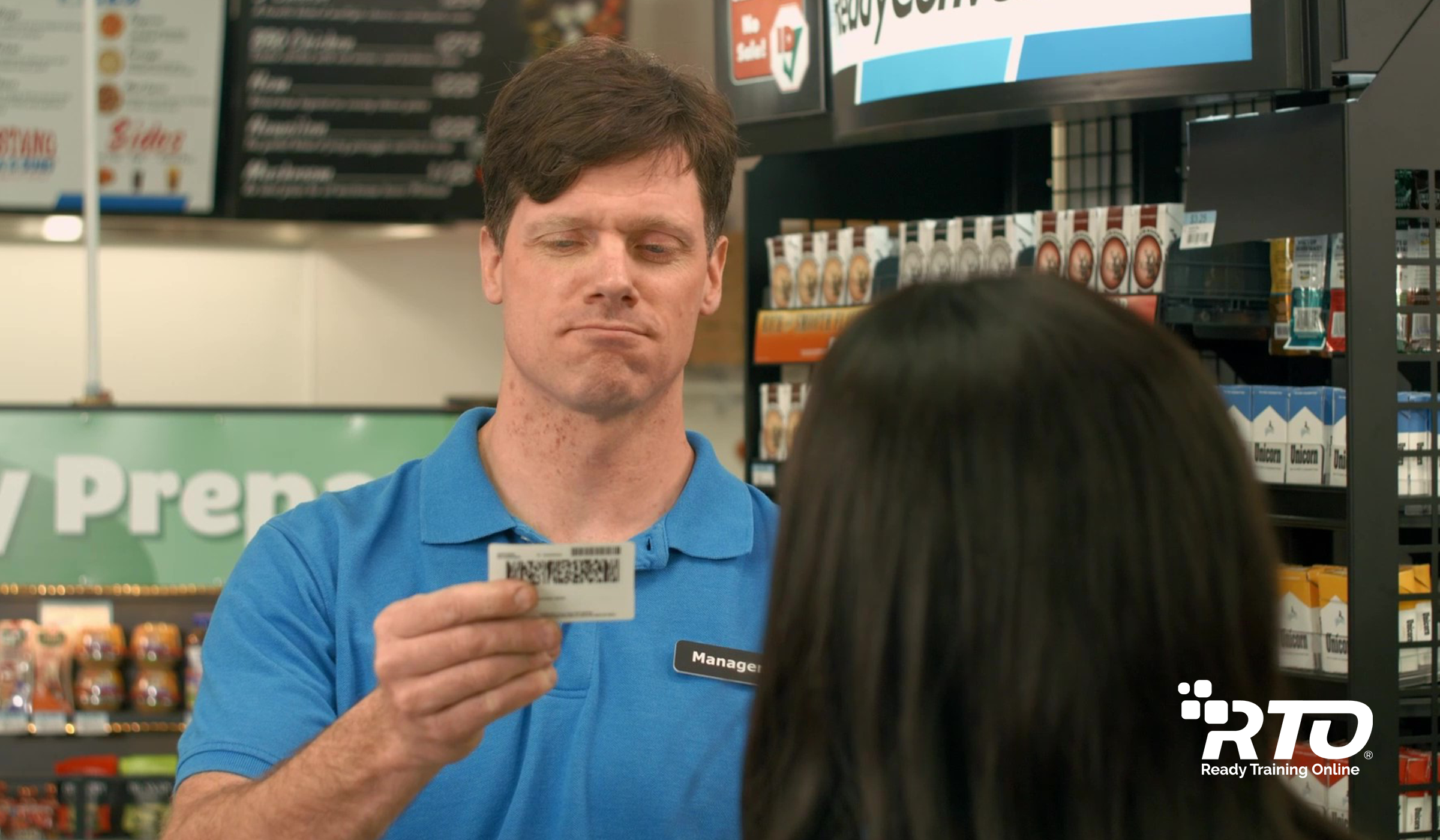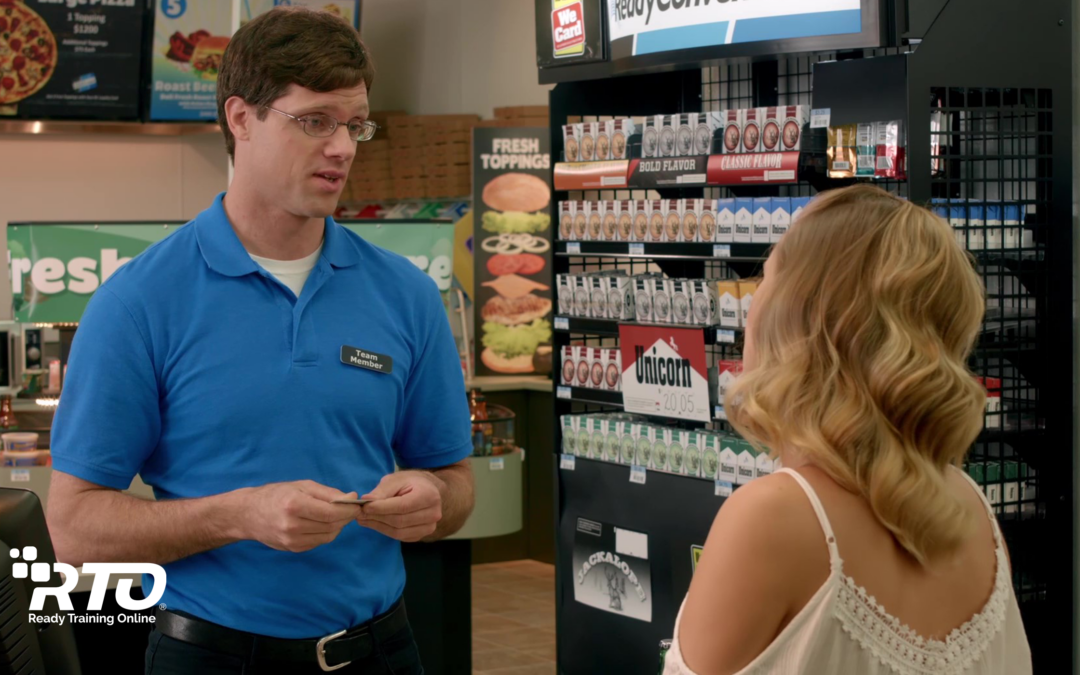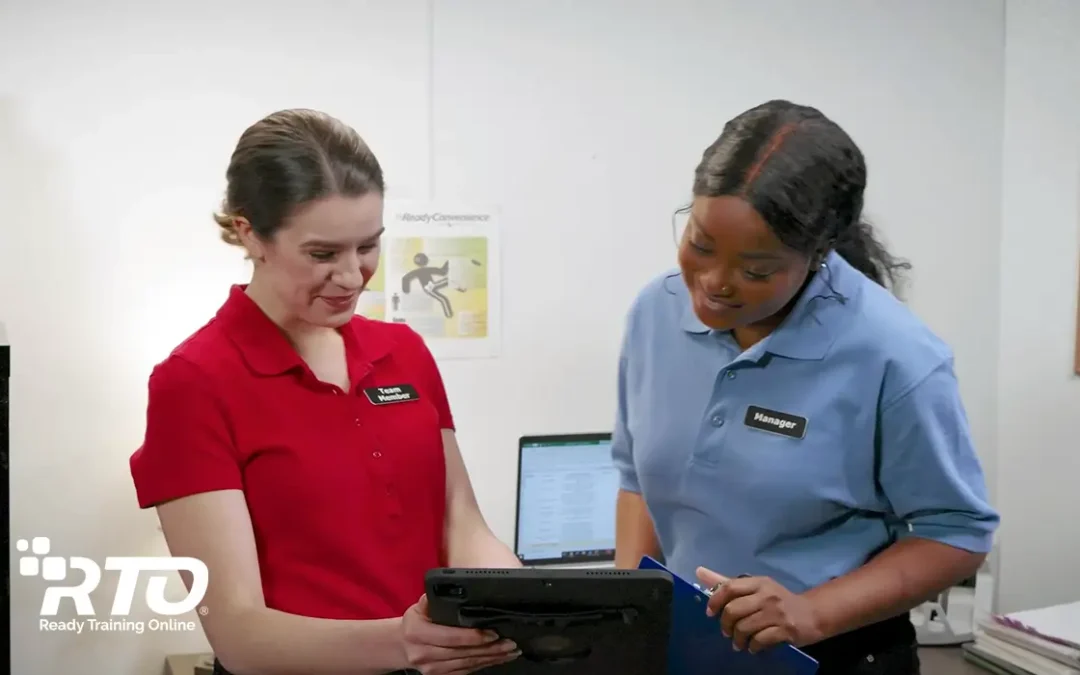With alcohol sales on the rise, convenience store operators must focus even more on ensuring that their employees are selling alcohol responsibly and according to the law. Follow these do’s and don’ts:
Do:
- Know the federal, state, and local laws about selling alcohol at your location. These laws are in place to protect the community from the serious, and sometimes fatal, consequences of illegal alcohol sales.
- Establish and document clear policies about selling alcohol. Employees must be able to quickly refer to these policies if they have questions about when to ask customers for ID, hours they’re allowed to sell, and how to handle issues with customers. Consider posting the most important points at your register.
- Take alcohol sales training seriously. Some states require specific training for selling alcohol, others even require that all sellers maintain a state-issued certification. Start with an online alcohol sales training program. Online training ensures everyone receives the same message and allows for tracking through a learning management system.
- Understand the liability involved for the business, managers, and sellers. Selling alcohol is different from selling other products, including other age-restricted products. The illegal sale of alcohol can lead to civil and sometimes even criminal charges being filed against the seller, manager, and owner.
- Use excellent customer service skills when asking for ID and even when declining sales. Explain to customers that their safety is important to you and that you’re not willing to break the law to make a sale.
Don’t:
- Accept excuses from customers who don’t have a valid ID. Underage people with the gumption to try to buy alcohol without an ID can be very convincing. Don’t fall for any excuse. Always follow the law and your company’s policy for checking ID.
- Assume that simply glancing at an ID fulfills the requirement of “checking ID.” You must ensure the ID is not expired, compare it carefully to the person presenting it, and check for signs that it’s a fake.
- Sell alcohol to someone who you believe is buying it for a minor. Minors may try to get adults to buy them alcohol. If you suspect this is happening, and make the sale anyway, you’re violating the law.
- Ignore signs that a customer may already be intoxicated. Selling alcohol to someone who is intoxicated is illegal.
- Argue with a customer after you have refused to sell alcohol to them, even if they try to argue with you. Get a manager involved or, if you feel threatened, call the police.
The bottom line is this: Follow the law and your convenience store’s policies to sell alcohol responsibly.
Convenience Store Training for Selling Alcohol Responsibly
Training is the key to ensuring everyone on your staff knows how to sell alcohol responsibly and according to the law. Ready Training Online’s Responsible Alcohol Sales and Service Training Program includes real-world selling examples to help your employees understand and implement what they learn. Click here for more information and watch a preview below.






